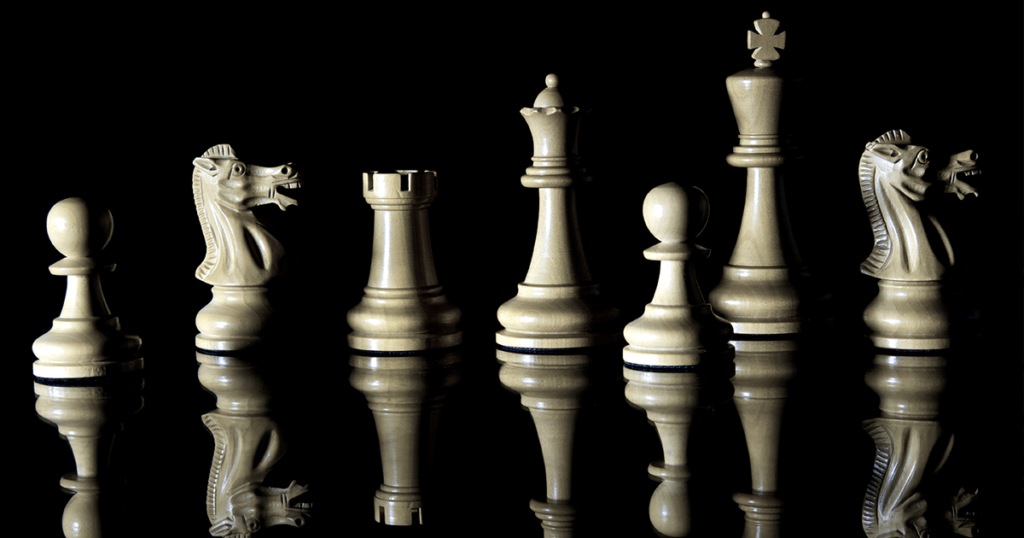
Norwegian chess prodigy Magnus Carlsen gave an interview in 2011—when he was just 21—in which he dropped a bit of chess wisdom that I’ve come to think about in other contexts ever since. It falls into the category of what my friend Josh calls “forever knowledge” about life. Asked whether he considered himself a tactician or a strategist, Carlsen said neither. “I’d call myself an optimist!” he responded. “In actual fact, I don’t have any clear preferences in chess. I do what I think circumstances require of me—I attack, defend, or go into the endgame. Having preferences means having weaknesses.”
Leave aside the game of chess. Having preferences means having weaknesses. This has never felt truer to me than over the past few days as I’ve been wandering around the labyrinthine passages of the Old City of Jerusalem, a tiny parcel of land divided between Muslims, Christians, and Jews (and Armenians, which for some reason, wasn’t immediately apparent to me). Within this tiny city, these religious factions contest minuscule parcels of land that over the millennia have led to pain and misery that boggle the mind. I do not propose to solve the Israeli-Palestine conflict. But I do think the world would be a vastly safer place—and maybe a happier one, too—if more of us learned to see beyond our biases, our preferences, and became optimists capable of letting go.

